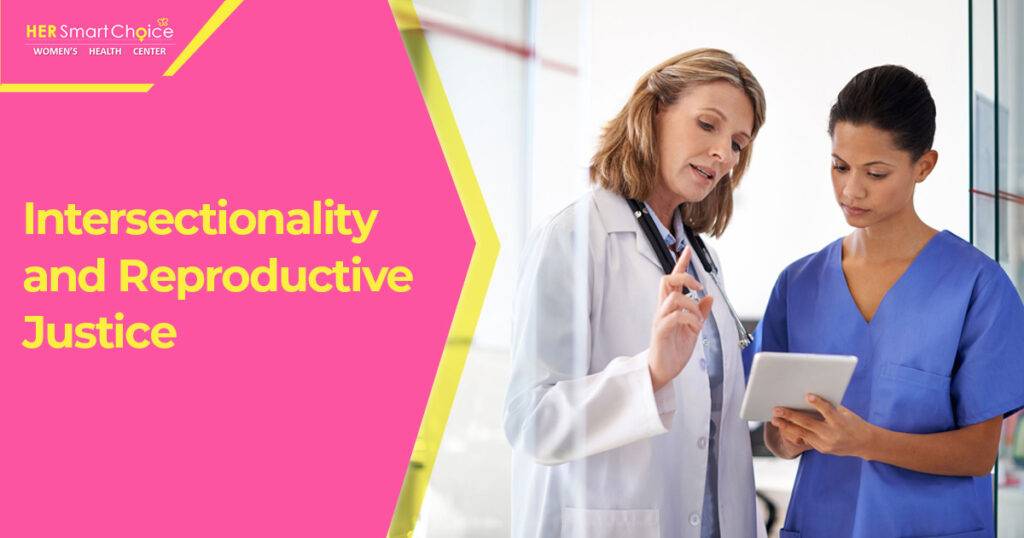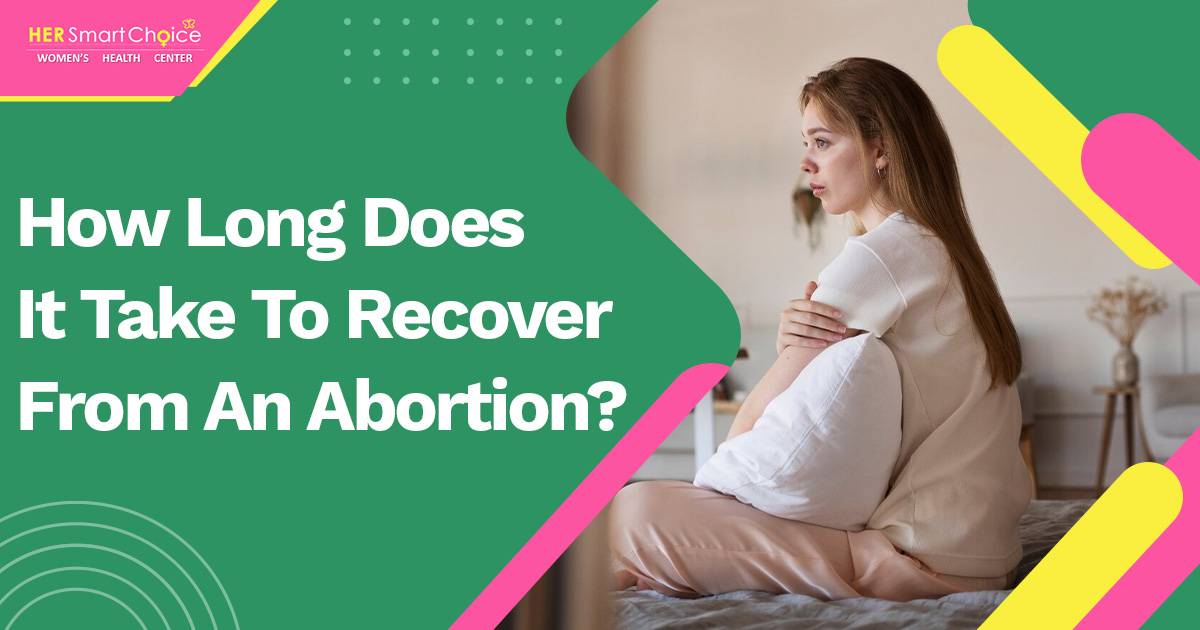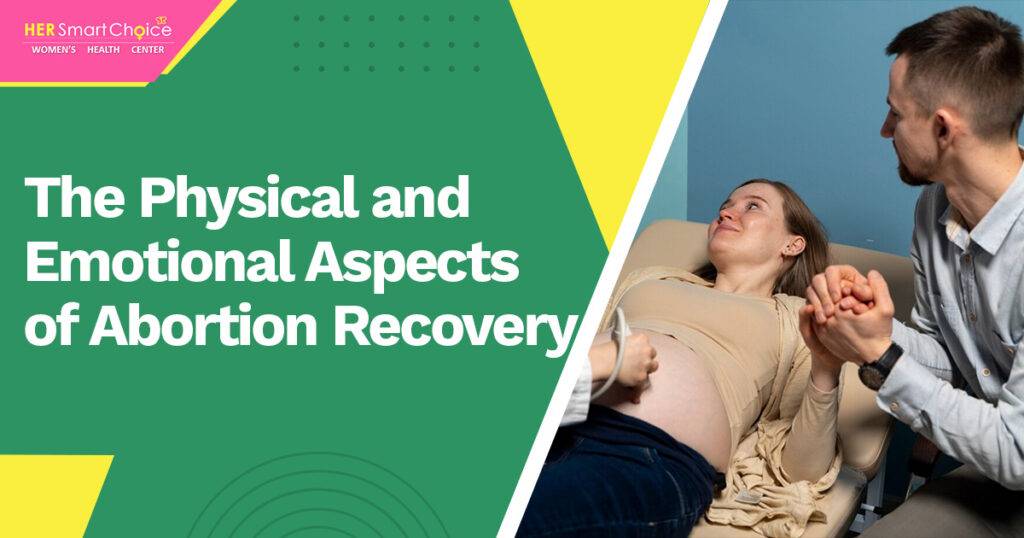Economic Barriers to Abortion: The Crucial Role of Financial Assistance
In the realm of reproductive rights, the ability to make personal choices about one’s body should be a universal right, not a privilege determined by economic status. However, economic barriers often cast a shadow over this fundamental principle, making access to abortion a challenging journey for many. Let’s navigate the complexities of economic barriers to Free abortion clinic and shine a spotlight on the transformative role that financial assistance plays in ensuring that every individual can exercise their right to make decisions about their reproductive health, regardless of their financial circumstances.
Understanding The Importance Of Economic Barriers

The Cost Factor: The financial aspect of abortion is a major consideration for many individuals. The cost includes not only the procedure itself but also related expenses such as travel, accommodation, and potential time off work. For those facing economic challenges, these costs can be overwhelming, leading to delays or, in some cases, an inability to access abortion services.
Insurance Limitations: Limited or no insurance coverage for abortion further compounds the financial burden. While some insurance plans cover abortion services, others may exclude or restrict coverage, leaving individuals to bear the full cost out of pocket.
Geographical Disparities: Access to affordable abortion services can vary based on geographical location. In areas with few or no abortion clinics, individuals may need to travel long distances, incurring additional expenses for transportation and lodging.
Impact on Marginalized Communities: Economic barriers disproportionately affect marginalized communities. People of color, low-income individuals, and those facing systemic inequalities often bear the brunt of these barriers, perpetuating existing social disparities.
Crucial Role of Financial Assistance
Nonprofit Organizations: Numerous nonprofit organizations work tirelessly to bridge the financial gap for individuals seeking abortion. These organizations offer grants, subsidies, or direct financial assistance to help cover the costs associated with the procedure.
Clinic Support Programs: Some abortion clinics have in-house programs or partnerships with local organizations to provide financial assistance. These programs aim to make free abortion clinic more accessible by offering sliding-scale fees, discounts, or even pro bono services based on an individual’s financial situation.
Community-Based Initiatives: Grassroots efforts and community initiatives play a crucial role in providing financial support. Fundraising campaigns, community-sponsored events, and local networks contribute to creating a supportive environment for those in need.
Online Platforms: Digital platforms have emerged as valuable resources for financial assistance. Crowdfunding websites and online networks allow individuals to seek financial support from a broader community, helping to alleviate the economic burden associated with abortion.
The Empowering Impact of Economic Support
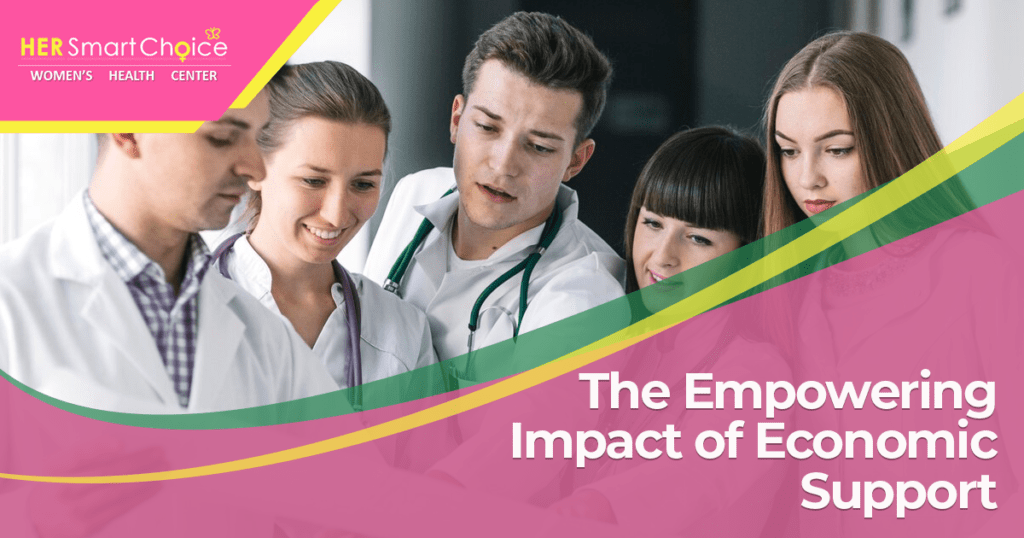
Reducing Delays in Care: Financial assistance minimizes delays in seeking abortion care. When individuals can access the necessary funds promptly, they can make timely decisions about their reproductive health, reducing the potential physical and emotional impact of delayed care.
Enhancing Accessibility: By addressing economic barriers, financial assistance programs make abortion services more accessible to a broader spectrum of individuals. This inclusivity is crucial for ensuring that reproductive choices are not limited by financial constraints.
Empowering Reproductive Autonomy: Financial support empowers individuals to make decisions based on their reproductive autonomy rather than financial limitations. This shift is fundamental in creating an environment where everyone can exercise their right to choose without undue economic constraints.
Championing Social Equality: The provision of financial assistance contributes to a more equitable society. By leveling the playing field and ensuring that economic status does not determine access to reproductive healthcare, we move closer to a vision of social justice for all.
Summing Up
Breaking down economic barriers to free abortion clinic is an essential step toward fostering a society that respects and supports reproductive autonomy. The crucial role of financial assistance cannot be overstated, as it enables individuals to navigate their reproductive choices without the burden of economic constraints. By amplifying the impact of existing support systems and advocating for comprehensive financial assistance programs, we can strive towards a future where economic considerations no longer limit access to essential reproductive healthcare services.

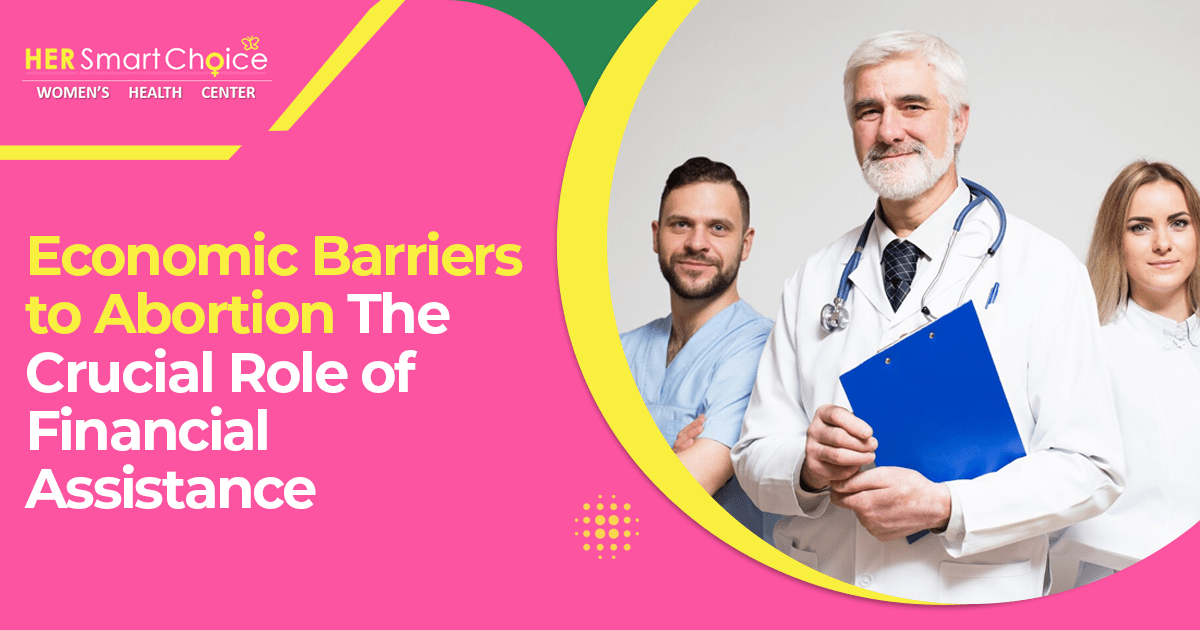
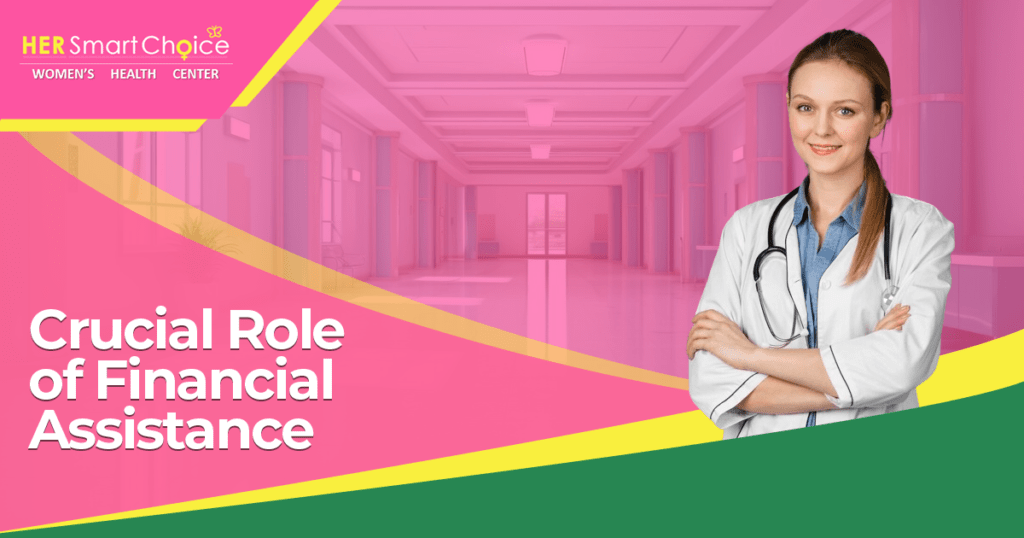
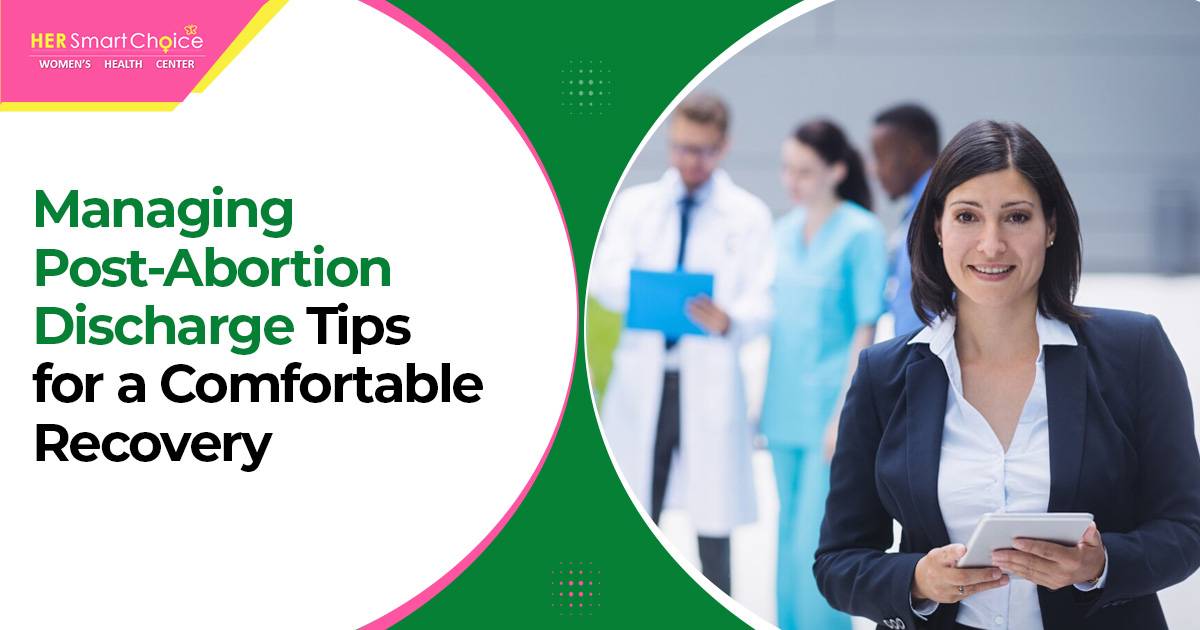
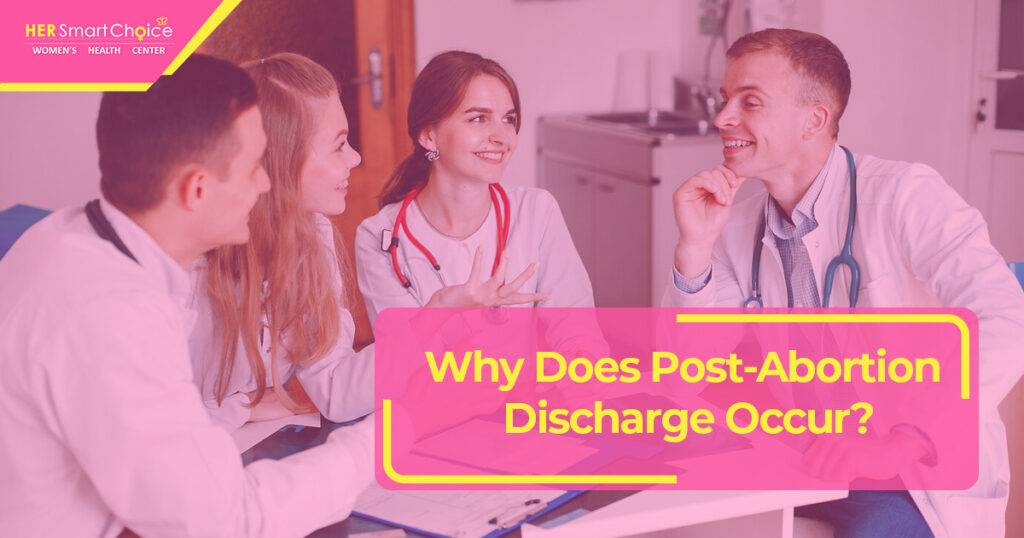
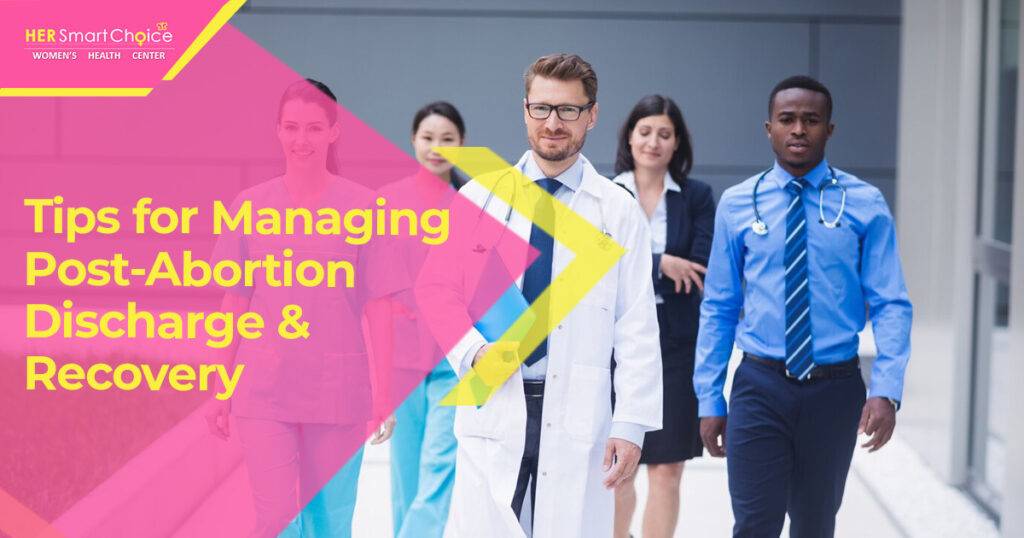
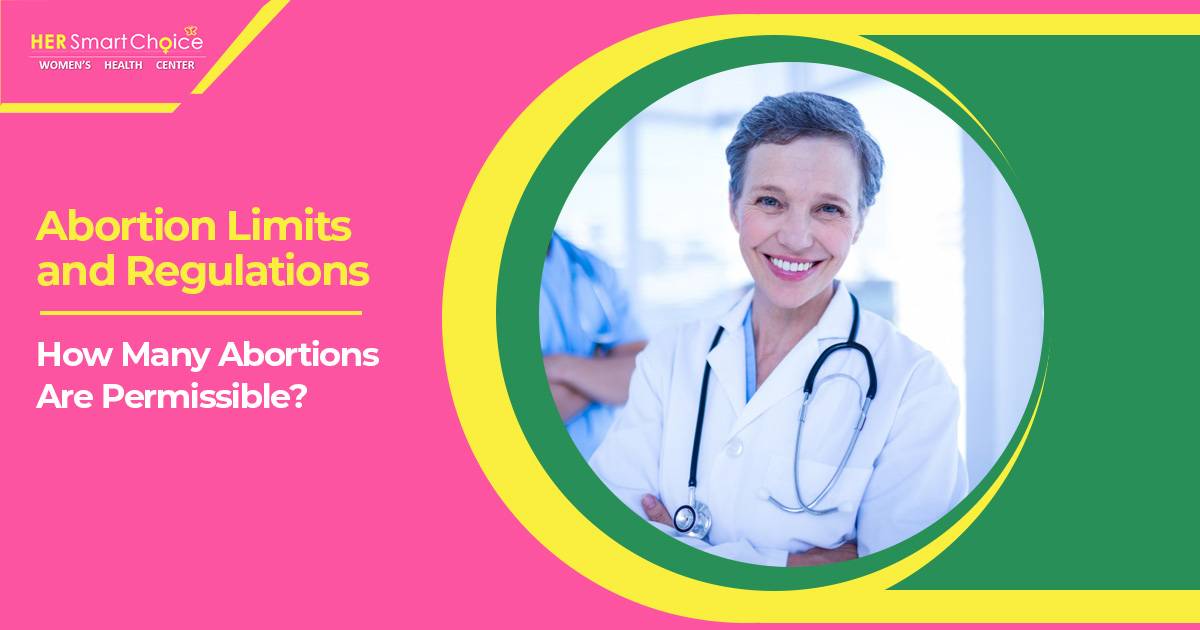
 Diverse factors, including cultural, religious, and political influences shape abortion laws. Some regions have more liberal laws prioritizing women’s autonomy, while others impose stricter regulations, impacting the permissible choices available.
Diverse factors, including cultural, religious, and political influences shape abortion laws. Some regions have more liberal laws prioritizing women’s autonomy, while others impose stricter regulations, impacting the permissible choices available.

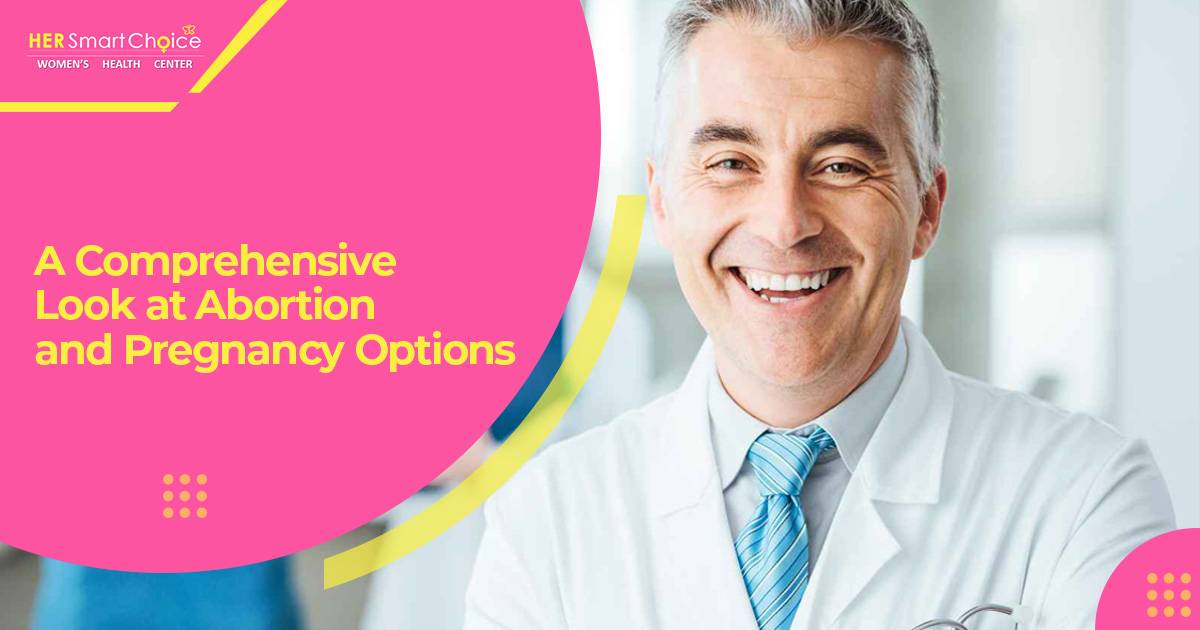
 Abortion is considered essential for women because it recognizes and respects a woman’s right to make decisions about her own body and reproductive health. The choice to have an abortion is a deeply personal one, influenced by various factors such as individual circumstances, health considerations, and personal beliefs.
Abortion is considered essential for women because it recognizes and respects a woman’s right to make decisions about her own body and reproductive health. The choice to have an abortion is a deeply personal one, influenced by various factors such as individual circumstances, health considerations, and personal beliefs.
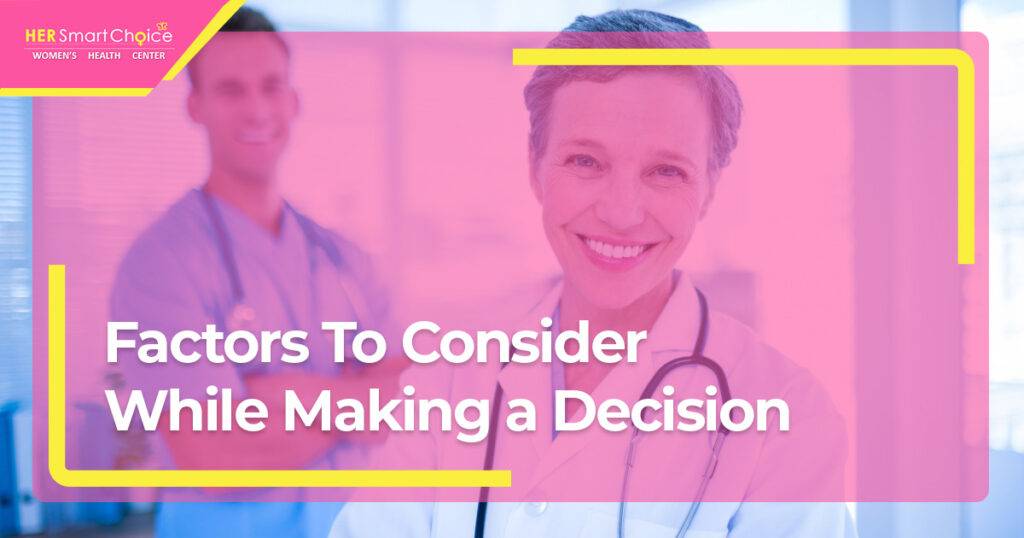

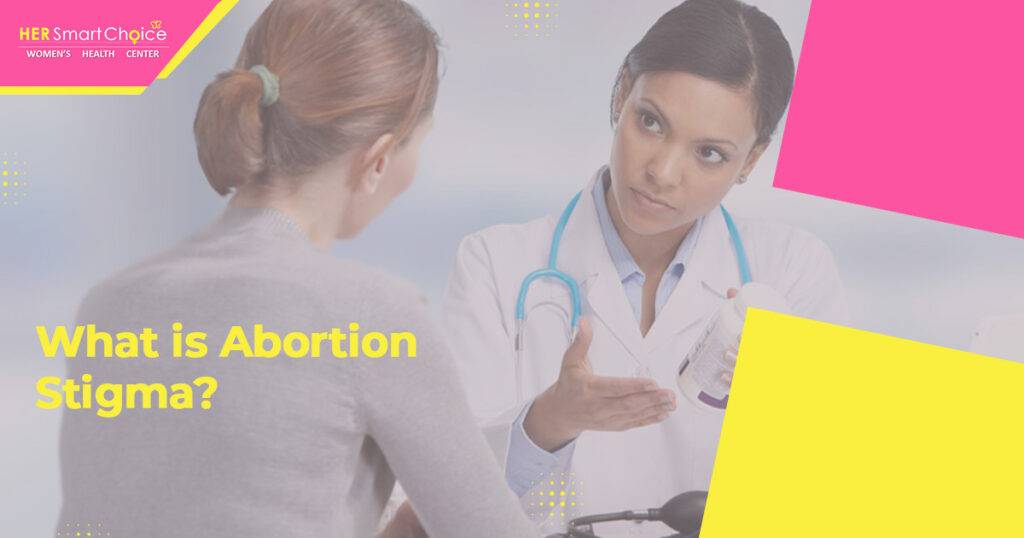
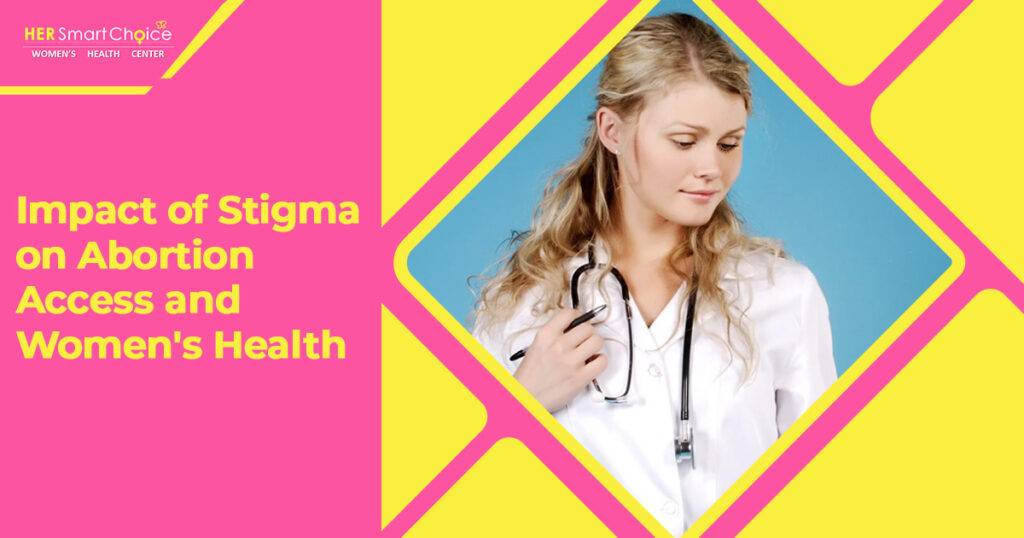
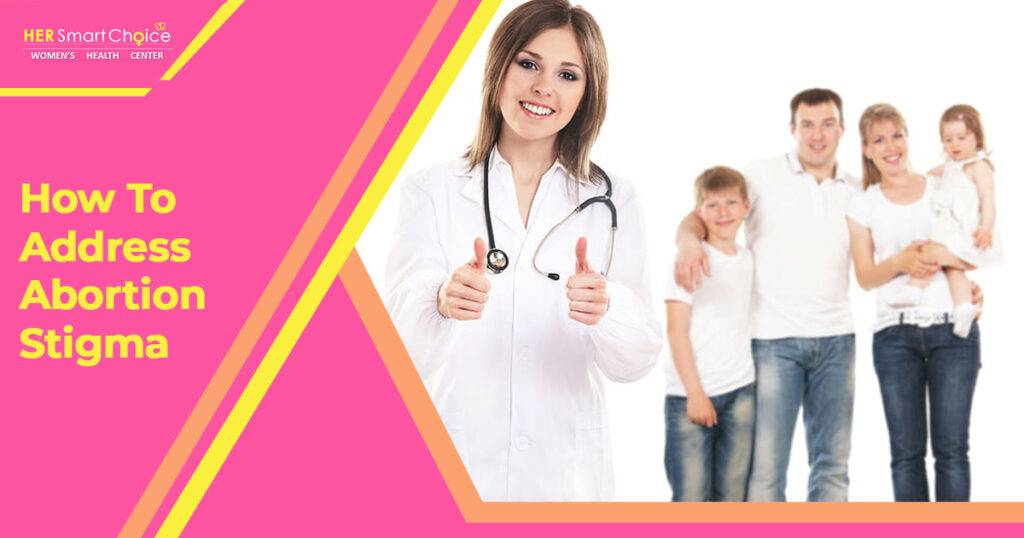

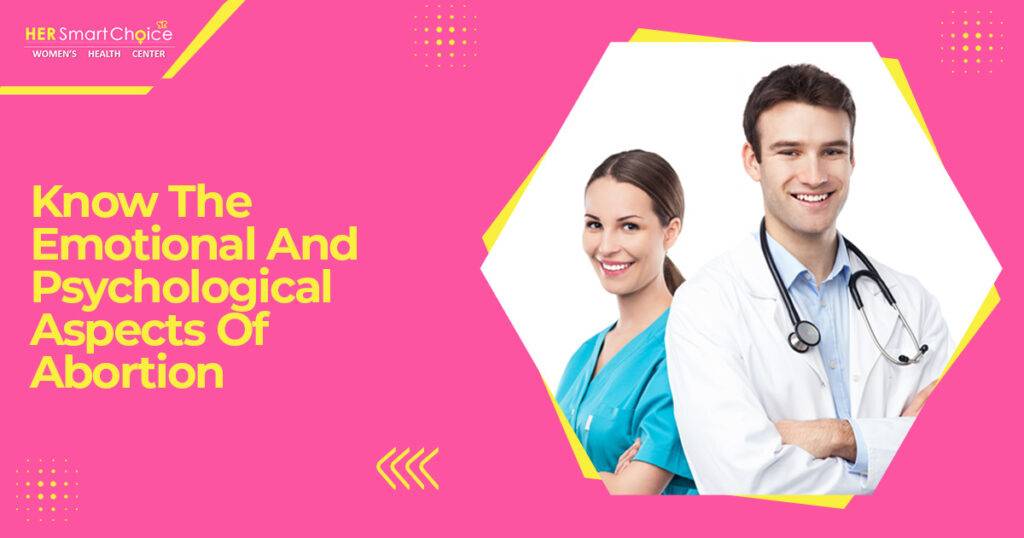
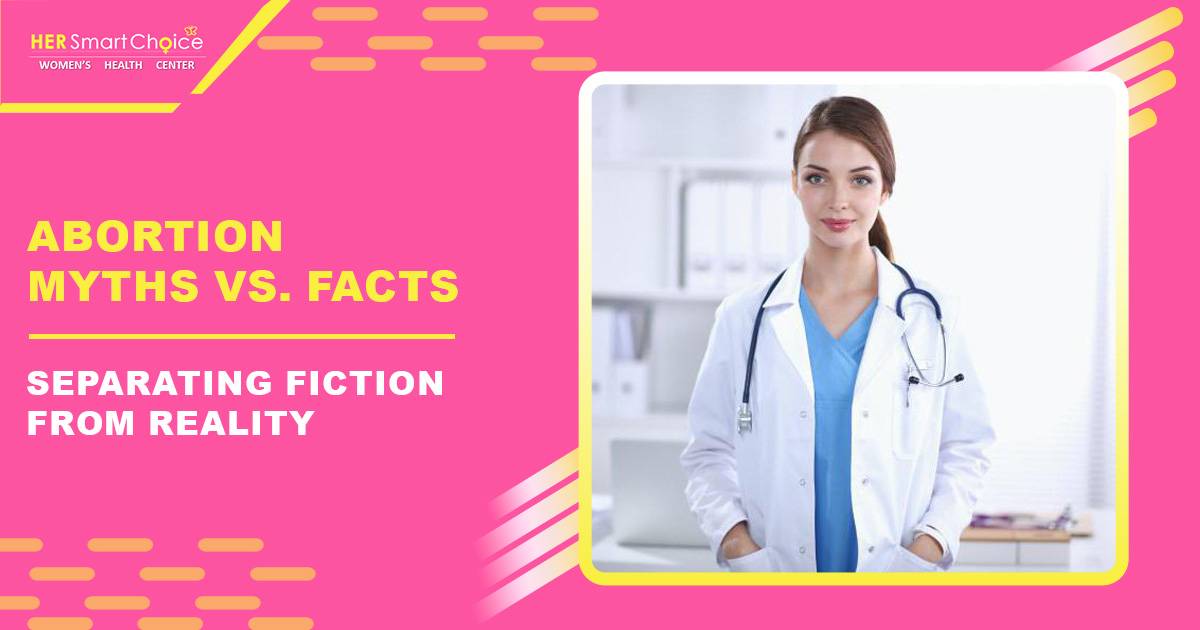


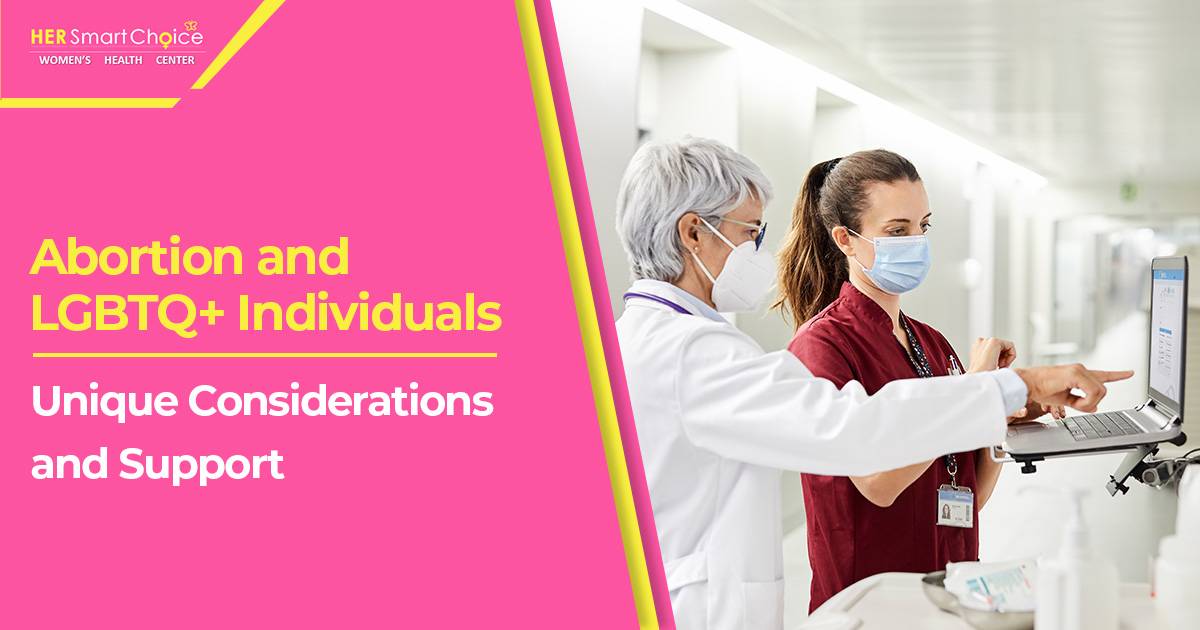
 Before discussing the intersection of abortion and LGBTQ+ individuals, it is crucial to understand the diverse experiences within the LGBTQ+ community. Sexual orientation, gender identity, and personal circumstances can all influence an individual’s reproductive choices. LGBTQ+ individuals may face additional barriers and considerations when seeking
Before discussing the intersection of abortion and LGBTQ+ individuals, it is crucial to understand the diverse experiences within the LGBTQ+ community. Sexual orientation, gender identity, and personal circumstances can all influence an individual’s reproductive choices. LGBTQ+ individuals may face additional barriers and considerations when seeking 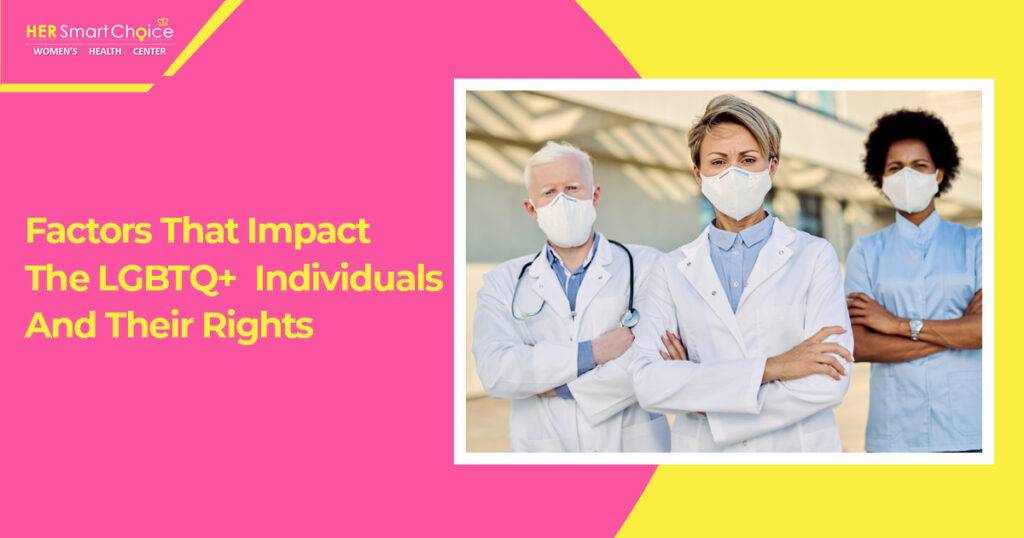 The legal landscape surrounding reproductive rights and LGBTQ+ rights varies across different countries and regions. Some jurisdictions have protective laws in place that safeguard the rights of LGBTQ+ individuals to make decisions regarding their reproductive health, including access to safe and legal abortion services. However, in other areas, discriminatory laws and policies can create additional hurdles for LGBTQ+ individuals seeking abortion care. Understanding these legal dynamics is crucial in advocating for comprehensive reproductive rights for all.
The legal landscape surrounding reproductive rights and LGBTQ+ rights varies across different countries and regions. Some jurisdictions have protective laws in place that safeguard the rights of LGBTQ+ individuals to make decisions regarding their reproductive health, including access to safe and legal abortion services. However, in other areas, discriminatory laws and policies can create additional hurdles for LGBTQ+ individuals seeking abortion care. Understanding these legal dynamics is crucial in advocating for comprehensive reproductive rights for all. 